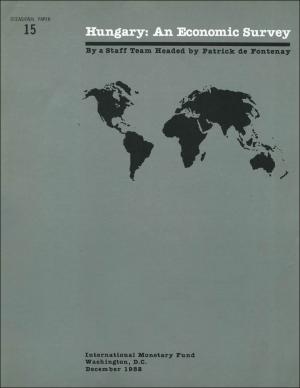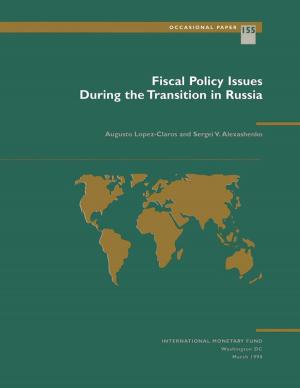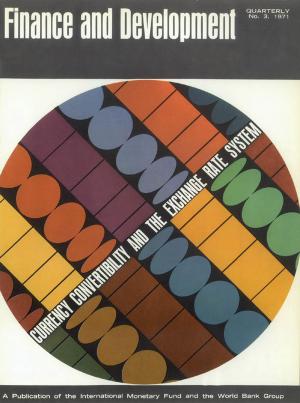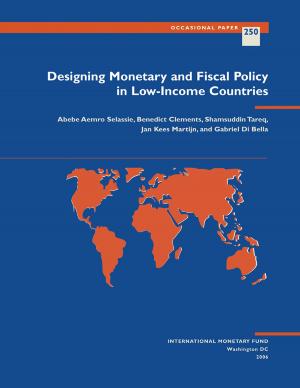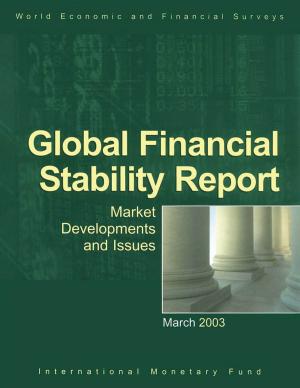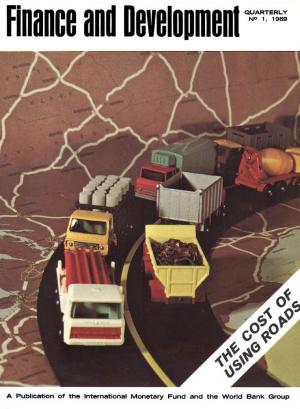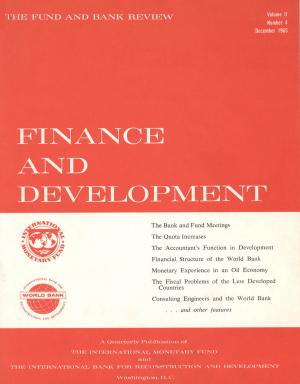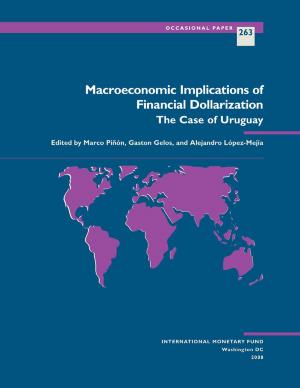Transforming Financial Systems in the Baltics, Russia and Other Countries of the Former Soviet Union
Business & Finance, Economics, Public Finance, Finance & Investing, Banks & Banking, Macroeconomics| Author: | Robert Mr. Price, Malcolm Mr. Knight, Arne Mr. Petersen | ISBN: | 9781455251797 |
| Publisher: | INTERNATIONAL MONETARY FUND | Publication: | May 6, 1999 |
| Imprint: | INTERNATIONAL MONETARY FUND | Language: | English |
| Author: | Robert Mr. Price, Malcolm Mr. Knight, Arne Mr. Petersen |
| ISBN: | 9781455251797 |
| Publisher: | INTERNATIONAL MONETARY FUND |
| Publication: | May 6, 1999 |
| Imprint: | INTERNATIONAL MONETARY FUND |
| Language: | English |
In 1991, the Baltics, Russia and other countries of the former Soviet Union set out on the road to establishing market economies by lieberalizing prices, dismantling the instruments of central planning, and initiating a process of fundamental structural reforms. Since then these 15 countries have taken substantial steps toward achieving macroeconomic stabilization, and are well advanced in many areas of the transformation to market economies. In particular, considerable progress has been made in developing market-oriented financial structures. Edited by Malcolm Knight, Arne B. Petersen, and Robert T. Price, this volume focuses more narrowly on progress achieved in the area of market-oriented central bank and financial system reforms.
In 1991, the Baltics, Russia and other countries of the former Soviet Union set out on the road to establishing market economies by lieberalizing prices, dismantling the instruments of central planning, and initiating a process of fundamental structural reforms. Since then these 15 countries have taken substantial steps toward achieving macroeconomic stabilization, and are well advanced in many areas of the transformation to market economies. In particular, considerable progress has been made in developing market-oriented financial structures. Edited by Malcolm Knight, Arne B. Petersen, and Robert T. Price, this volume focuses more narrowly on progress achieved in the area of market-oriented central bank and financial system reforms.


